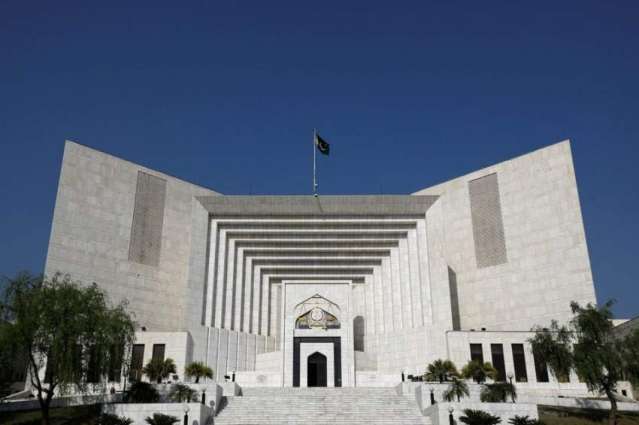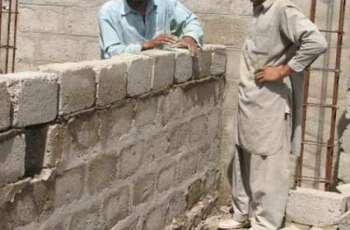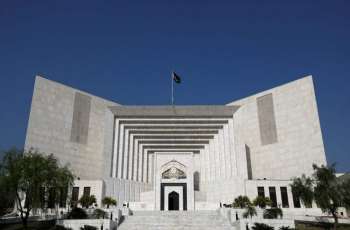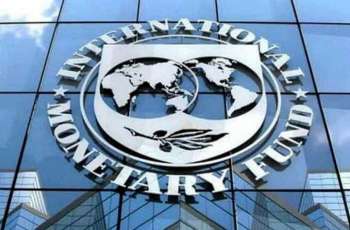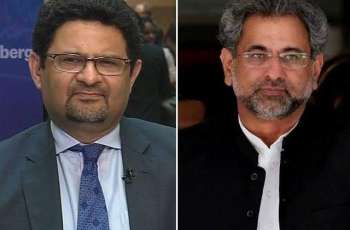The top court rules that the president’s move to dissolve the assembly after no-trust motion against Imran Khan was unconstitutional.
ISLAMABAD: (UrduPoint/Pakistan Point News-Nov 3rd, 2023) The Supreme Court of Pakistan issued a verdict on Friday regarding petitions that sought to hold general elections within a 90-day timeframe.
The court ruled that a constitutional crisis occurred in the country immediately after the dissolution of the National Assembly.
The Supreme Court declared that the President's decision to dissolve the assembly following a vote of no-confidence was unconstitutional. The court instructed all relevant authorities to ensure that elections are held on the agreed-upon date. Chief Justice of Pakistan, Qazi Faez Isa, led the three-member bench that delivered the verdict, emphasizing that the President lacks the authority to dissolve the assembly after a vote of no-confidence. The Supreme Court took suo motu action in response to the situation.
The National Assembly was dissolved on August 9, following the advice of the then Prime Minister, a fact that the court acknowledged. The agreement on the election date was reached after a meeting on November 2, 2023. At that time, it appeared that general elections were not imminent. Adhering to the constitution and the rule of law is a fundamental responsibility for every citizen.
After the National Assembly's dissolution, disputes arose between the President and the Election Commission. The aim was to ensure that the President and the Election Commission collaborated for the greater good of the nation. The Supreme Court ruled that the President and the Election Commission should operate within their respective domains. Given the significant constitutional role held by the President, it is primarily his duty to facilitate cooperation with the Election Commission.
In his letter, the President stated that the Election Commission should announce the election date after consulting with provincial governments. However, the Election Commission did not respond to the President's letter. The matter of setting the election date does not fall within the purview of the Supreme Court or any other court.
The President has the option to seek a public referendum if he wishes to gather public input, as provided by Article 186. There is no provision for deviation from the constitution. The constitution has been in place for over 50 years, and no constitutional institution can claim ignorance. Fifteen years ago, the constitution was violated.
Violations of the constitution have severe consequences. Regrettably, Pakistan has witnessed multiple instances of the constitution being undermined. Only constitutional institutions can make critical decisions in the interest of the people.
The top court hoped that all constitutional institutions will demonstrate wisdom in the future. The Supreme Court also noted that the National Assembly was dissolved when a vote of no-confidence against the Prime Minister was tabled. At that time, the Prime Minister did not have the authority to dissolve the National Assembly. The Prime Minister's unilateral action created a constitutional crisis.
